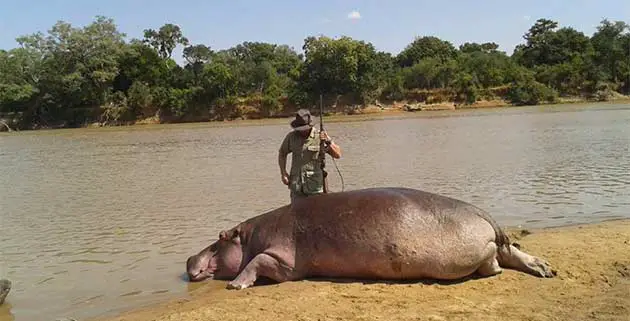SA Tourism Decline In First Half Of 2018
PRETORIA, 27 August 2018 – South Africa’s tourism sector should be in better shape than it currently is. That’s the word from Tourism Business Council of South Africa’s interim CEO, Tshifhiwa Tshivhengwa, following the release of its Tourism Business Index (TBI) report today. TBI provides an indication of the current and likely future performance of businesses operating in the sector.
According to the report, business performance in the sector has declined significantly in the first half of 2018. Overall, the sector recorded substantially lower than normal business performance, with an index of 57.9 (against an index of 100). This index score is much lower than the 72.4 forecast for the first two quarters of 2018. Furthermore, it is notably lower than the 71.4 experienced in the last half of 2017.
“If one goes through the report, you will note that both the ‘accommodation’ segment (which includes the broad spectrum of accommodation service providers in the sector) and ‘other tourism businesses’ indicate well below normal levels of business performance, says Tshivhengwa. “This is of great concern to us as it is not the direction we should be heading”.
The accommodation segment recorded an index of 57.6 against the anticipated 66.2; whilst the ‘other tourism business’ segment, which includes responses from tour operators, coach operators, vehicle rental companies, airlines, travel agents, retail outlets, forex traders, conference venues and attractions, recorded worse-than-normal business performance at an index score of 58.2 versus the expected index of 77.1.
Among those factors potentially contributing negatively to performance, include insufficient overseas leisure demand, insufficient domestic leisure demand and insufficient domestic business demand. Other specific factors mentioned by the ‘other tourism business’ segment include the water crisis in Cape Town, transport licensing issues, fuel increases, political uncertainty and volatility, crime and service delivery protests.
Zooming into the most cited negative factor the weaker business performance – insufficient foreign leisure tourist demand – the Business Council believes the mostly negative trend experienced in overseas tourist arrivals over the last six months, as per the Tourism and Migration reports published by Statistics South Africa (Stats SA) provides some insight into some of the reasons for the weaker business performance.
“If one only looks at the latest Tourism and Migration report for the month of June, it shows a decline of 1.28% in overseas arrivals and just over 2% decline year-to-date. It is also worth noting the decline in tourist arrivals from key markets which include Germany, India and Brazil, although the core markets of the United Kingdom and the USA were up marginally”, Tshivhengwa said.
“In addition, what is most concerning is the decline in growth from China and India. The Indian market grew at a significant pace per annum from 2008 to 2012 and we are now going backwards. This is in stark contrast to arrivals to Australia which continue to grow at around 6.5% year on year. We need to stop talking about removing self-imposed barriers and move to action on issues such as easing visa requirements, do away with complex unabridged birth certificate measures and the intractable issues around tourist vehicle permitting, to mention a few”.
The TBI report also highlights results of the STR Hotel Performance Index as another measure to consider in analyzing the reasons behind the decline in business performance. The STR Hotel Performance Index indicates that hotel markets across the country have experienced lower occupancies between January and June 2018, pointing to both lower foreign and domestic demand.
Anticipated performance for the second half of the year is slightly higher with a score of 59.2 – still considerably lower than the anticipated performance for the first half of 2018. This is also the lowest-anticipated performance score since the inception of the index in 2011.
The full TBI Report for July 2018 can be downloaded here.





